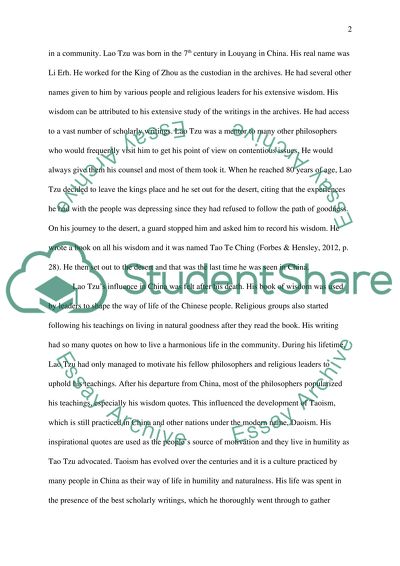Cite this document
(The Role of Scholarly Elites in Chinese History and Culture (Tang Coursework, n.d.)
The Role of Scholarly Elites in Chinese History and Culture (Tang Coursework. https://studentshare.org/culture/1602122-the-role-of-scholarly-elites-in-chinese-history-and-culture-tang-dynasty-to-the-high-qing
The Role of Scholarly Elites in Chinese History and Culture (Tang Coursework. https://studentshare.org/culture/1602122-the-role-of-scholarly-elites-in-chinese-history-and-culture-tang-dynasty-to-the-high-qing
(The Role of Scholarly Elites in Chinese History and Culture (Tang Coursework)
The Role of Scholarly Elites in Chinese History and Culture (Tang Coursework. https://studentshare.org/culture/1602122-the-role-of-scholarly-elites-in-chinese-history-and-culture-tang-dynasty-to-the-high-qing.
The Role of Scholarly Elites in Chinese History and Culture (Tang Coursework. https://studentshare.org/culture/1602122-the-role-of-scholarly-elites-in-chinese-history-and-culture-tang-dynasty-to-the-high-qing.
“The Role of Scholarly Elites in Chinese History and Culture (Tang Coursework”. https://studentshare.org/culture/1602122-the-role-of-scholarly-elites-in-chinese-history-and-culture-tang-dynasty-to-the-high-qing.


